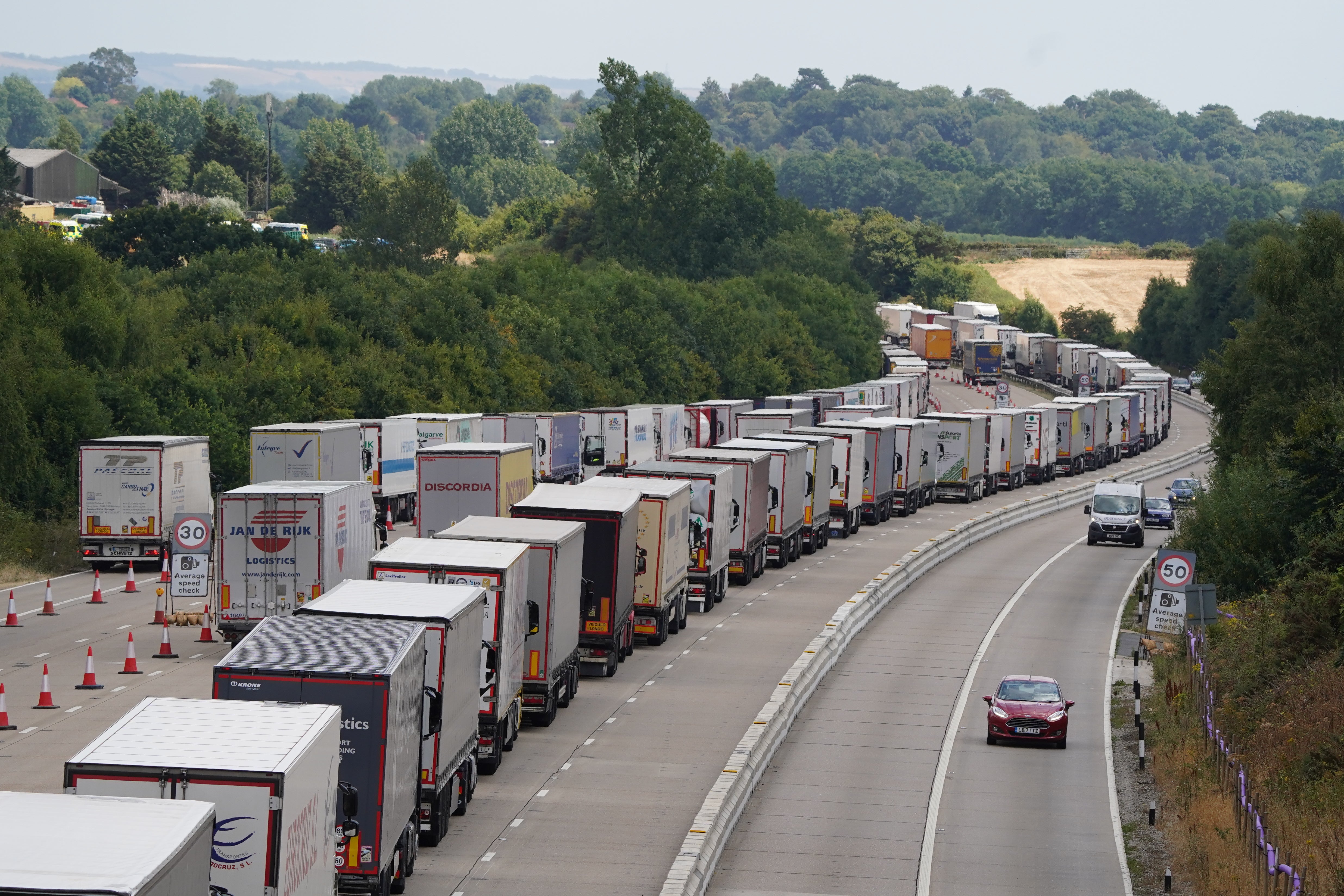More than half of businesses still struggling with Brexit bureaucracy two years later
‘Shackles’ of new trading arrangements causing serious problems, British Chambers of Commerce warns

More than half of affected businesses are still struggling with the “shackles” of new bureaucracy created by Brexit despite two years having passed since the UK’s exit from the EU was negotiated, research has found.
A study by the British Chambers of Commerce (BCC) revealed that 56 per cent of companies whose trading activities are affected by the new arrangements are facing difficulties importing or exporting goods.
A similar number, 45 per cent, are experiencing difficulties in trading services, while 44 per cent of those who need to obtain visas for their staff have reported problems in doing so.
The new trade deal, known as the trade and cooperation agreement (or TCA), was agreed on Christmas Eve 2020 to replace the existing single market and customs union arrangement between Britain and the EU.
It took effect around a year later, after the end of the Brexit transition period, and saw the reintroduction of significant new trade barriers relating to customs, VAT, and veterinary paperwork.
The BCC, which represents mostly small and medium-sized businesses, is calling on politicians to sign new agreements with the EU to eliminate some of the new bureaucracy.
Its representatives are urging ministers to simplify VAT arrangements, reduce the complexity of exporting food, and allow CE-marked goods and components to continue to be used in Britain.
They are also calling for visa requirements to be loosened, and for an agreement on the Northern Ireland protocol early next year in order “to stabilise our trading relationship”.
“Businesses want political leaders on both sides to move on from the debates of the past and find ways to trade more freely,” said Shevaun Haviland, director general of the BCC.
“This means an honest dialogue about how we can improve our trading relationship with the EU. With a recession looming, we must remove the shackles holding back our exporters so they can play their part in the UK’s economic recovery.”
Ms Haviland said that the long-term competitiveness of the UK could be “seriously damaged” without action, and that it was “no coincidence that during the first 15 months of the TCA we stopped selling 42 per cent of all the different products that we used to”.
“Businesses feel they are banging their heads against a brick wall, as nothing has been done to help them almost two years after the TCA was first agreed,” she added. “The longer the current problems go unchecked, the more EU traders go elsewhere, and the more damage is done.”
One manufacturer in Dorset told the BCC’s survey that Brexit had been “the biggest ever imposition of bureaucracy on business”, adding that the “simple importing of parts to fix broken machines, or raw materials from the EU, has become a major time-consuming nightmare”.
A retailer in Ayrshire said leaving the EU had made them “uncompetitive with our EU customers”, while another in Dundee said the costs of customs arrangements were effectively unknowable “until it’s too late”.
Responding to the report, the government’s food, farming and fisheries minister Mark Spencer downplayed the problems.
Speaking on the radio on Thursday morning, he said there was “always more” to do on reducing bureaucracy – despite the red tape in question having been created by government policy just two years ago.
“We’re a free and open trading nation. We want to work closely with our EU colleagues, we want to try and reduce that red tape if there is any red tape on their side of the Channel, so of course we want to keep those channels of trade open in both directions,” he told Times Radio.
Hilary Benn, the senior Labour MP who co-convenes the UK Trade and Business Commission, urged the government to prioritise easing the flow of trade with the EU.
“Since Brexit, British businesses have been saddled with new red tape, costs and bureaucratic customs checks,” he said. “While deep in the grips of a cost of living crisis, it is imperative that the government now prioritises making trade with Europe easier by removing the barriers which their unworkable deal has created.”





Join our commenting forum
Join thought-provoking conversations, follow other Independent readers and see their replies
Comments